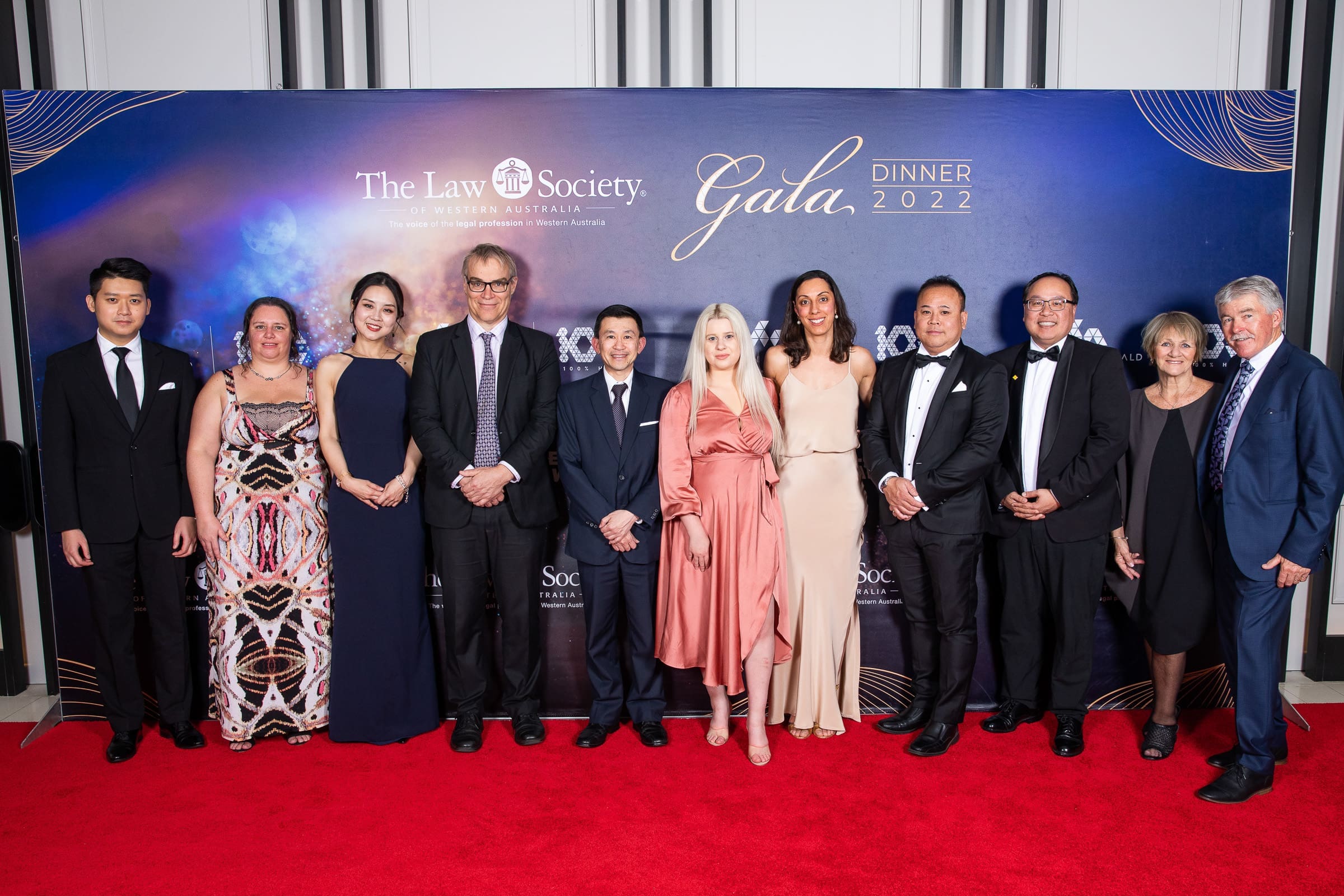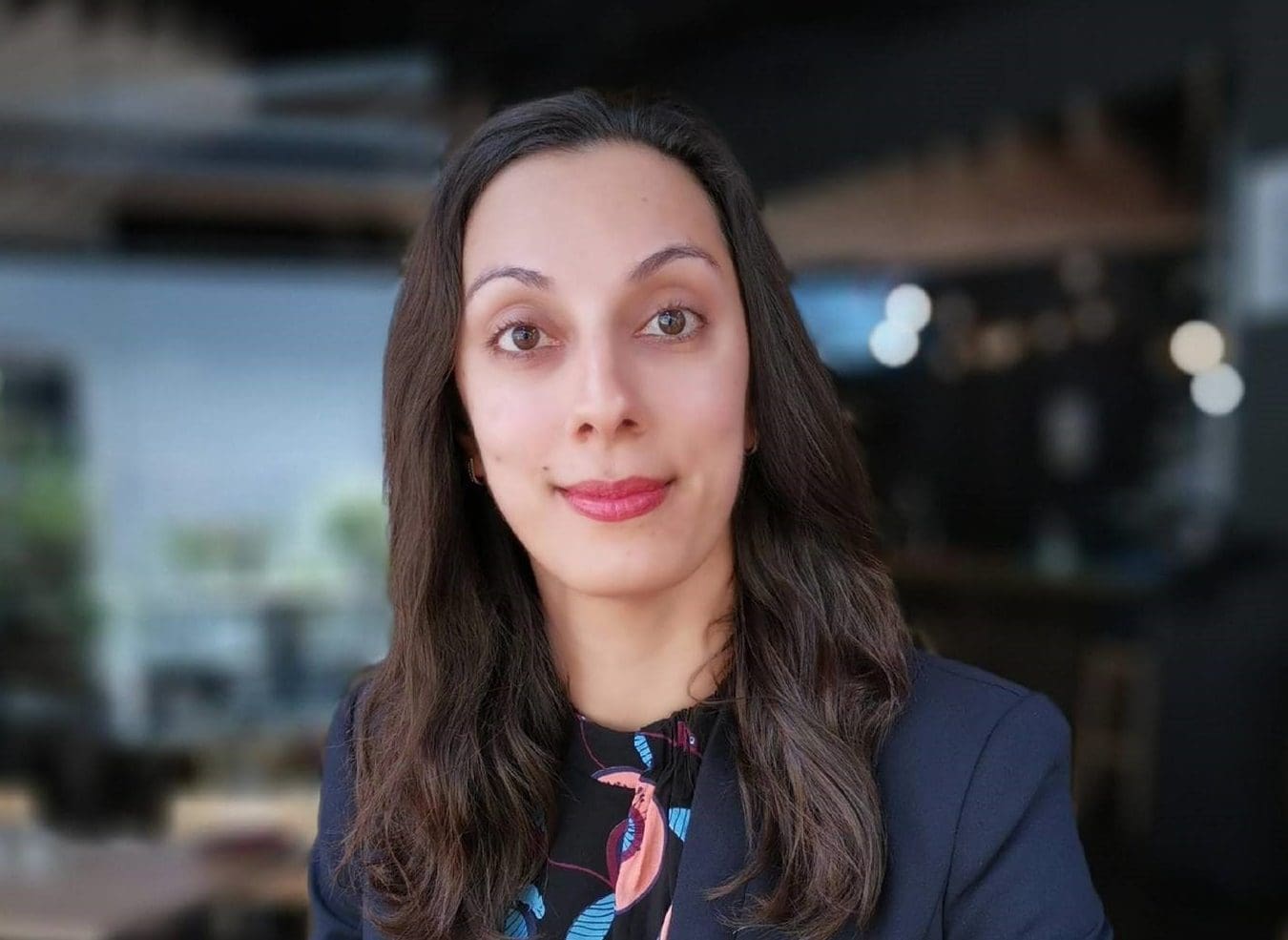Superannuation Splitting for Western Australian De Facto Couples
Where Superannuation increasingly forms a significant portion of a couple’s nest egg, Tang Law is pleased to hear Western Australia has come in line with the rest of Australia and de facto couples in Western Australia will be able to split their superannuation as part of their property settlement.
The ‘Family Law Amendment (Western Australia De Facto Superannuation Splitting and Bankruptcy) Act 2020′ (the Act) provides de facto couples with the ability to transfer a portion of their superannuation to the other party as part of their property proceedings. This will provide De Facto partners with more options and greater flexibility in how they wish to divide their property after separation.
Property Proceedings and Superannuation
Property proceedings in the Family Law context refer to the division of assets after a couple has separated.
In Family Law property proceedings, Superannuation is treated as a special type of property as it is held in a Superannuation fund.
Super Split
Previously, only married couples have the option of providing a portion of their superannuation to the other spouse as part of their property proceedings. This is often called a ‘Super Split’.
The ‘Family Court Amendment Bill 2022’ (‘the Bill’) was introduced into the Western Australia Parliament on 6 April 2022. The bill, if passed, would give de facto couples the same ability as married couples to conduct a super split.
This long-anticipated reform would allow de facto couples in Western Australia to split their superannuation and achieve a fair division of assists in the event their relationship breaks down.
Updates in September 2022
On 28 September 2022, the ‘Family Law Amendment (Western Australia De Facto Superannuation Splitting and Bankruptcy) Act 2020’ (the Act) was passed into law and is now in effect.
The Act allows De Facto couples to now split their superannuation as part of property settlement if the Court determines it to be just and equitable to do so.
In order to be eligible for a split, the Da Facto couple must meet at least one of the following conditions:
(1) There has been a de facto relationship for at least 2 years;
(2) There is a child in the relationship and failure to make the order for a superannuation split would result in a serious injustice to the partner responsible for the care of the child;
(3) One party made substantial contributions to the relationship and failure to make an order for a superannuation split would result in serious injustice to that party.
Further Assistance
Separating from your partner can be a very difficult time for many and the law surrounding what happens after separation can be daunting.
If you, or anyone you know, have separated from a de facto partner or spouse and would like advice in relation to children, property, or just what happens next – we endeavour to help you come to a resolution for your situation.
Please do not hesitate to give us a call today on (08) 9328 7525 to book in a consultation with one of our experienced Family Lawyers.






